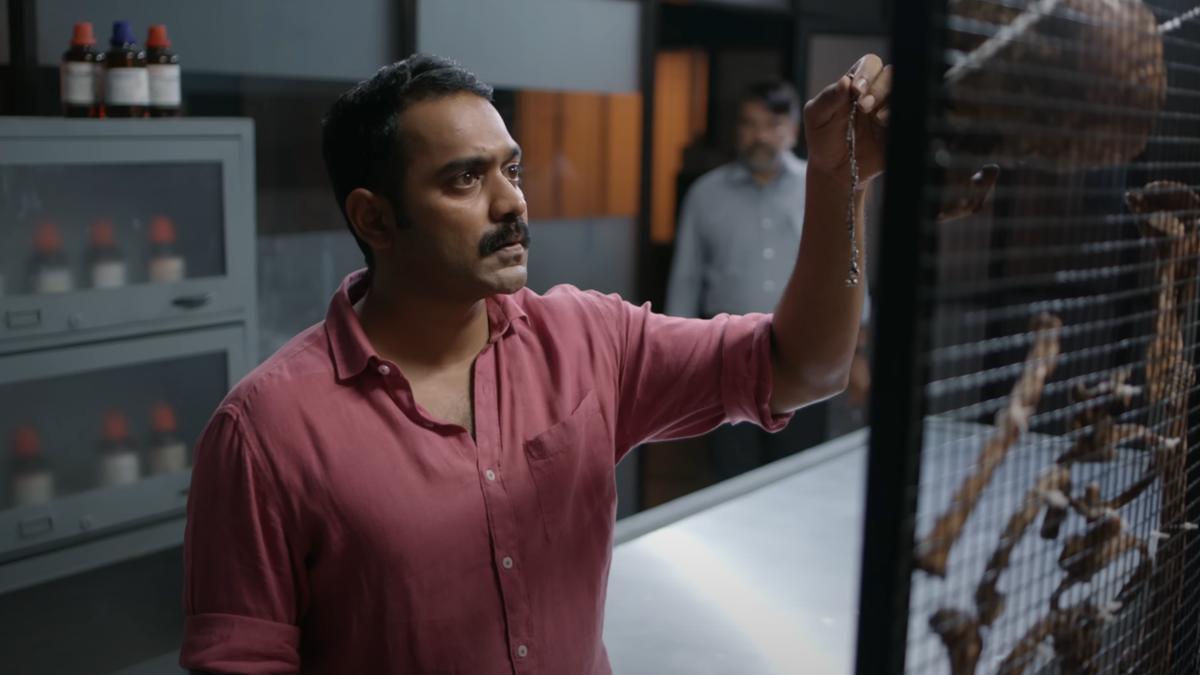
Former England footballer Moses Swaibu, whose past entanglement in match-fixing led to a conviction, has disclosed that several Premier League players have been targeted by match-fixers. Swaibu, convicted in 2015 for conspiracy to commit bribery after an undercover investigation by The Telegraph, has since redirected his life. He now dedicates his time to educating young footballers about the perils of gambling and match-fixing, focusing on preventing them from falling into similar traps.
In the years following his conviction, specifically between 2015 and 2019, Swaibu teamed up with the Premier League and the Football Association (FA) to deliver integrity workshops. These workshops aimed to shield the forthcoming generation of players from the dangers he once succumbed to. His efforts have been instrumental in fostering awareness about the manipulative tactics employed by match-fixers and the devastating impact such involvement can have on a player’s career and personal life.
During these integrity workshops, delivered across various football clubs, Swaibu reports that several current players approached him with troubling confessions. According to Swaibu, some players admitted to being approached by match-fixers, often in nefarious locations such as outside their training grounds or within the walls of London’s bustling casinos. A report by The Telegraph has shed light on these disturbing encounters, providing a glimpse into the shadowy underworld lurking behind professional football.
“The players informed me about their gambling habits,” Swaibu revealed in his discussions. “They say, ‘I gamble because we’re sponsored by a gambling company, so why can’t I do it?’” This casual acceptance of gambling due to sponsorship affiliations underscores a complacent attitude among some players, who fail to recognize the slippery slope that gambling represents.
Swaibu’s recounting of his conversations with these players paints a vivid picture of the vulnerability that players face. “On multiple occasions, players turned to me and said, ‘I’ve been approached by match-fixers just outside my training ground,’ or ‘While frequenting casinos in London, I was approached by someone, often an Asian individual, who seemed very insistent.’” These accounts highlight a pervasive issue that extends beyond mere gambling into the realm of criminal activities that jeopardize the integrity of the sport.
The former footballer’s alarming claims serve as a stark reminder that match-fixing is a real and present danger, even in one of the most prestigious football leagues in the world.
. Despite stringent regulations and monitoring, the influence of match-fixers persists, threatening to undermine the very foundation of professional football.
Swaibu’s own journey from conviction to redemption is a testament to the possibility of change and the importance of education in combating these issues. After his conviction in 2015, which came as a result of a meticulous undercover investigation, Swaibu committed himself to turning his life around. His collaboration with the Premier League and FA on integrity workshops was a pivotal step in this transformation.
These workshops not only focused on educating young footballers about the dangers of match-fixing and gambling but also addressed broader issues of integrity and morality in sports. Through candid discussions and real-life examples, Swaibu aimed to instill a sense of responsibility and ethical conduct in the next generation of football stars.
The revelations about player approaches by match-fixers have sparked renewed calls for tighter regulations and more robust educational programs. The football community, from governing bodies to individual clubs, faces an ongoing battle to protect the sport’s integrity and ensure that players are shielded from such illicit influences.
The Telegraph’s report, which delves into Swaibu’s interactions with current Premier League players, underscores the need for continuous vigilance. It also highlights the crucial role that former players like Swaibu can play in raising awareness and fostering a culture of integrity within the sport.
While Mid-day.com and its management disclaim responsibility for the reliability, trustworthiness, or accuracy of the syndicated content from external sources, the importance of the message remains undiminished. The narrative of Moses Swaibu’s experiences and the players’ confessions serve as a powerful call to action for the football community to remain ever watchful and proactive in addressing and preventing match-fixing.
As Swaibu continues his mission to educate and protect young footballers, his story serves as a poignant reminder of the challenges that modern football faces and the collective duty to uphold the sport’s honour and fairness.










